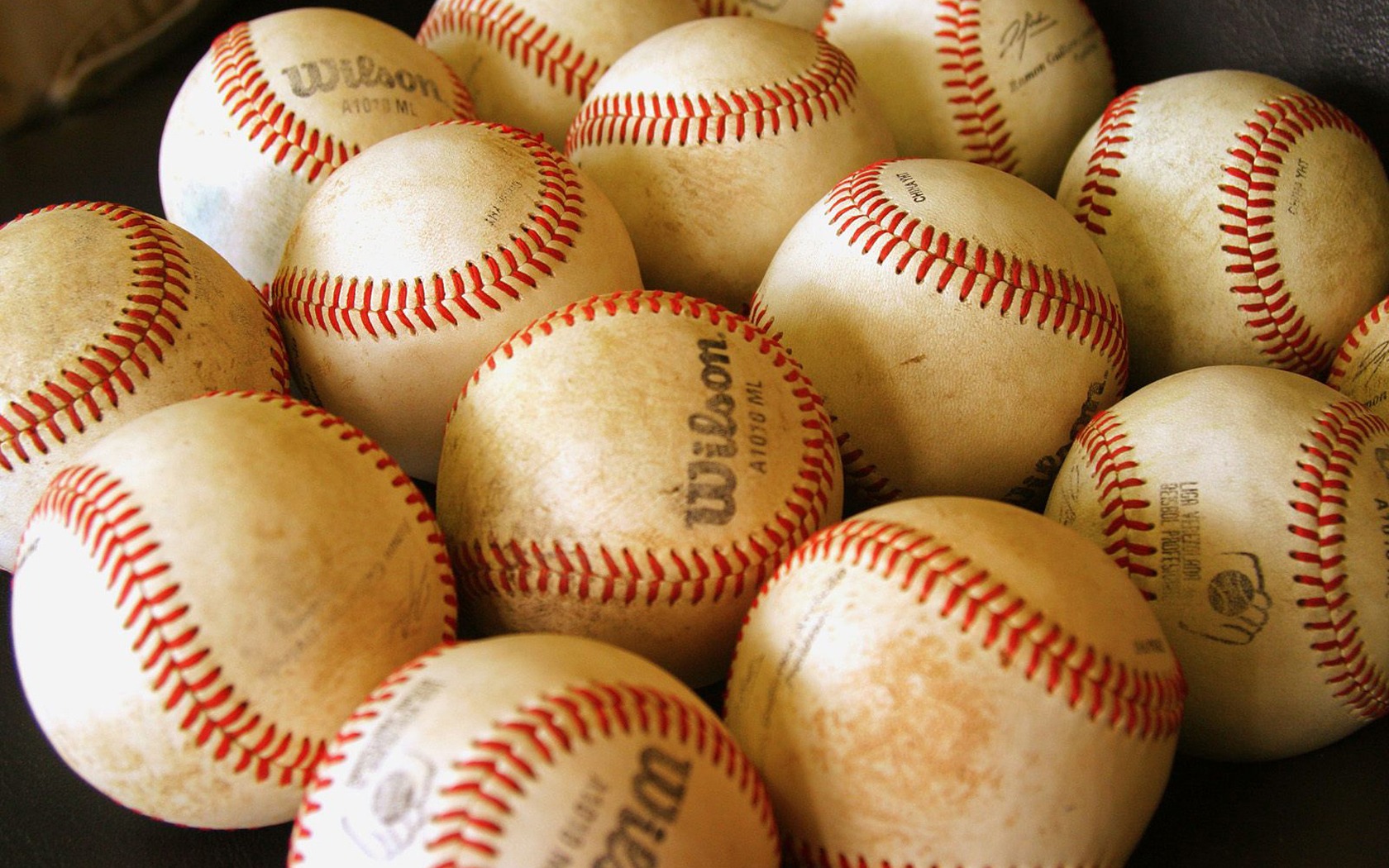
As a baseball fan, you know that the sport can be fun and exciting. You might even consider yourself an expert on the game. But do you know what to do if someone gets injured at a game? In this blog post, we’ll discuss some of the most common types of personal injuries at baseball games in Georgia and how they can affect your ability to recover damages from another party if they cause harm to you or someone else. We’ll also provide some tips for keeping yourself safe when attending games so that nothing happens while there!
The most common injuries at baseball games are caused by falling objects and slip-and-fall accidents. These types of accidents can happen during any game, but they’re more likely to occur when there is inclement weather or if a player hits a foul ball into the stands. Other common injuries include collisions with players or spectators, injuries caused by foul balls and heat exhaustion.
When you attend a baseball game, there are certain rights and responsibilities that come with being a spectator.
Before you head to the game, it’s important to check the weather forecast. If it’s going to be hot and humid, make sure that you wear light-colored clothing in order to keep cool. You should also bring sunscreen with an SPF of at least 30 if there is any chance of sun exposure during your visit.
If possible, try on your shoes before purchasing them so that they fit properly and don’t rub against your feet in an uncomfortable way when walking around for long periods of time. Also remember that even though baseball stadiums tend not to be very crowded compared with other sporting events like football games or basketball tournaments–and therefore may seem like safe places for children–there still might be some dangers lurking around every corner! Be sure not only yourself but also any small children under 12 years old are wearing helmets while walking around outside these venues; this will help protect them from getting hit by foul balls flying through crowds at high speeds (which has happened before).
If you’re injured in a baseball game, seek medical attention immediately. You should also gather evidence of your injury, such as photos and receipts for medical bills or property damage. Finally, contact a personal injury lawyer who can help you recover compensation for your damages.
There are several types of compensation that can be awarded to victims in Georgia. First, if you were hurt at a baseball game and the injury was caused by someone else’s negligence (such as a dangerous condition on the field or faulty equipment), then you may be able to file a claim against that person or entity for damages.
Second, if your injury was caused by medical malpractice during treatment following an injury sustained at a baseball game, then you may be able to file another type of claim against the doctor who treated you. Finally, if both types of claims fail due to lack of evidence or other reasons, there is still one more option: filing suit under Georgia’s Tort Claims Act (TCA). Under this law, anyone injured at any public event where there was no negligence involved can sue for up to $10 million per incident–but only if they file within two years after discovering their injuries!
If you’re injured at a baseball game in Georgia, there are a few things to keep in mind. First and foremost, if someone else caused your injury–whether intentionally or not–you may be able to sue them for damages. In this case, compensation could include medical bills and lost wages as well as pain and suffering.
If you were injured due to negligence on behalf of the stadium owners or operators (such as failing to provide adequate security), then you may also have grounds for filing suit against them. However, if no one was at fault for causing your injuries–for example if they happened during an accident with another patron who wasn’t paying attention–then it’s unlikely that any legal action would be warranted against anyone else besides yourself (and possibly whoever hit/tripped/ran into).
Personal injuries at baseball games are a serious issue that can be prevented by taking preventative measures. If you or someone you love has been injured at a baseball game, contact the experienced attorneys at Cohen & Sinowski. Scott S. Cohen and Thomas C. Sinowski, II are dedicated to helping you recover damages for your injuries. Located at 30 Trammell St. SW, Marietta, GA, they offer a free consultation and a no-fee-unless-we-win guarantee. Call them at 404-351-8888 or email Thomas at Thomas@candspc.com. Visit their website at www.cohensinowski.com and fill out the contact form at Contact Us. Don’t hesitate to reach out; they’re here to help because #localmatters.